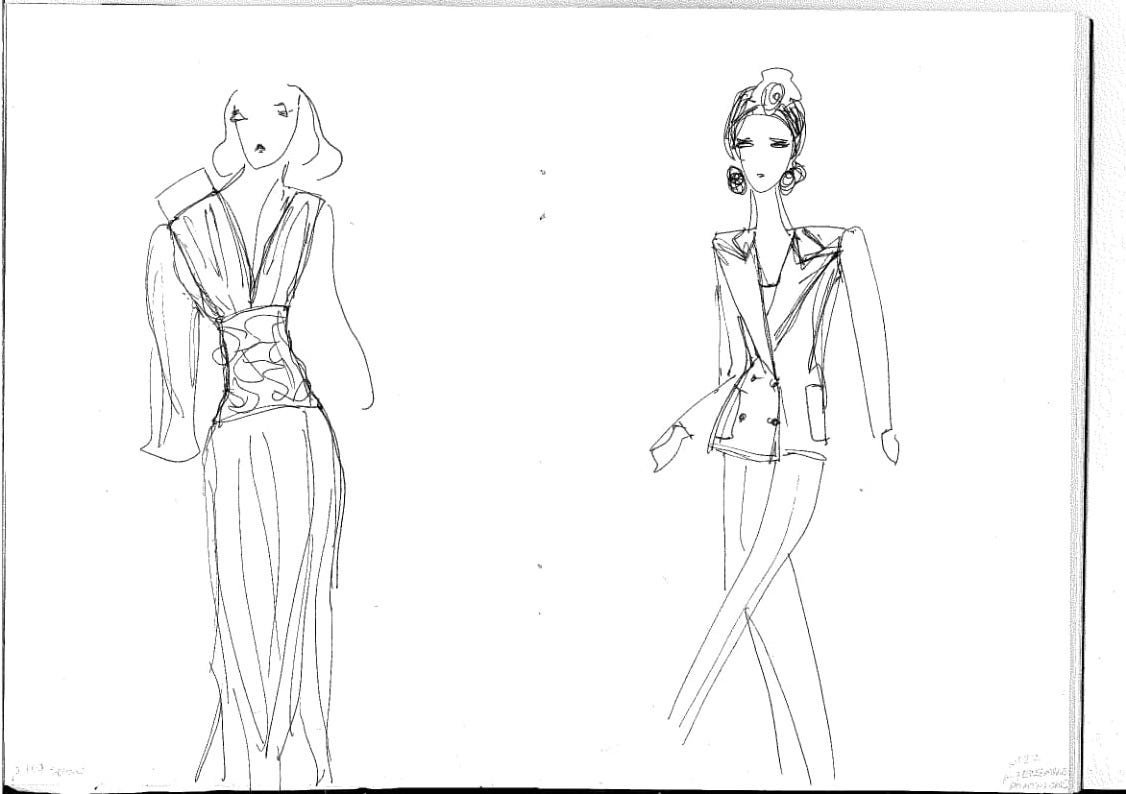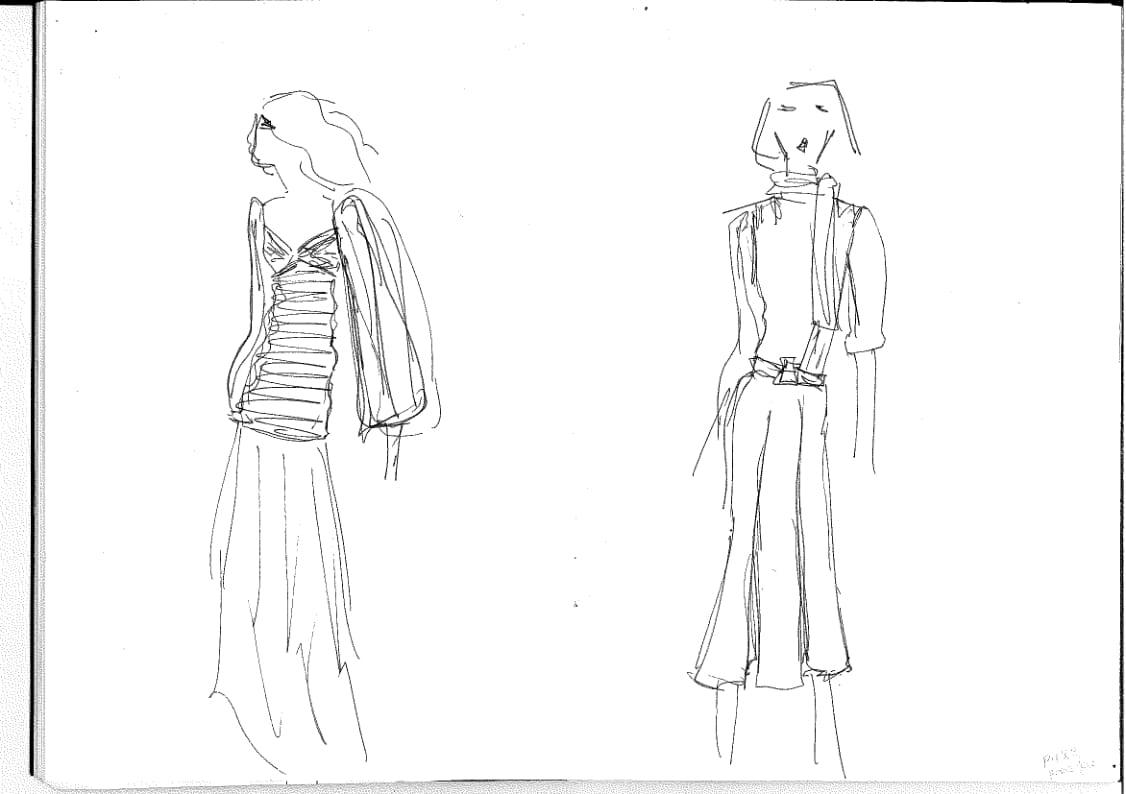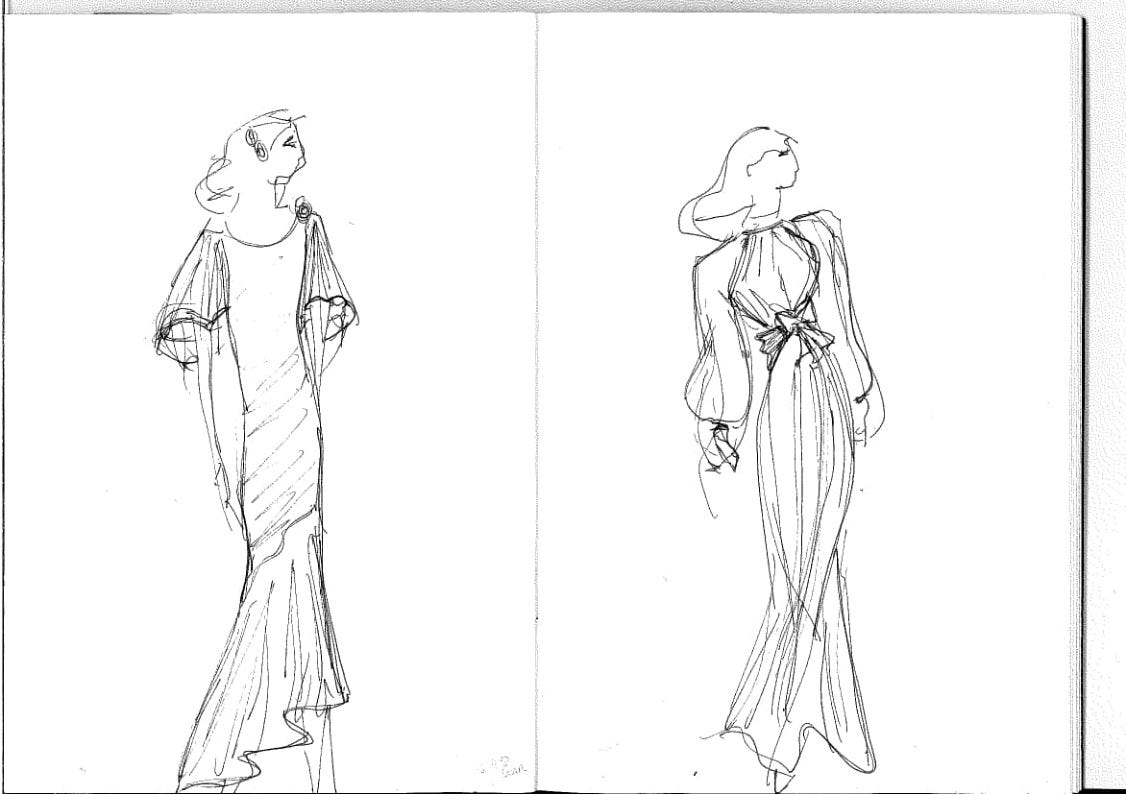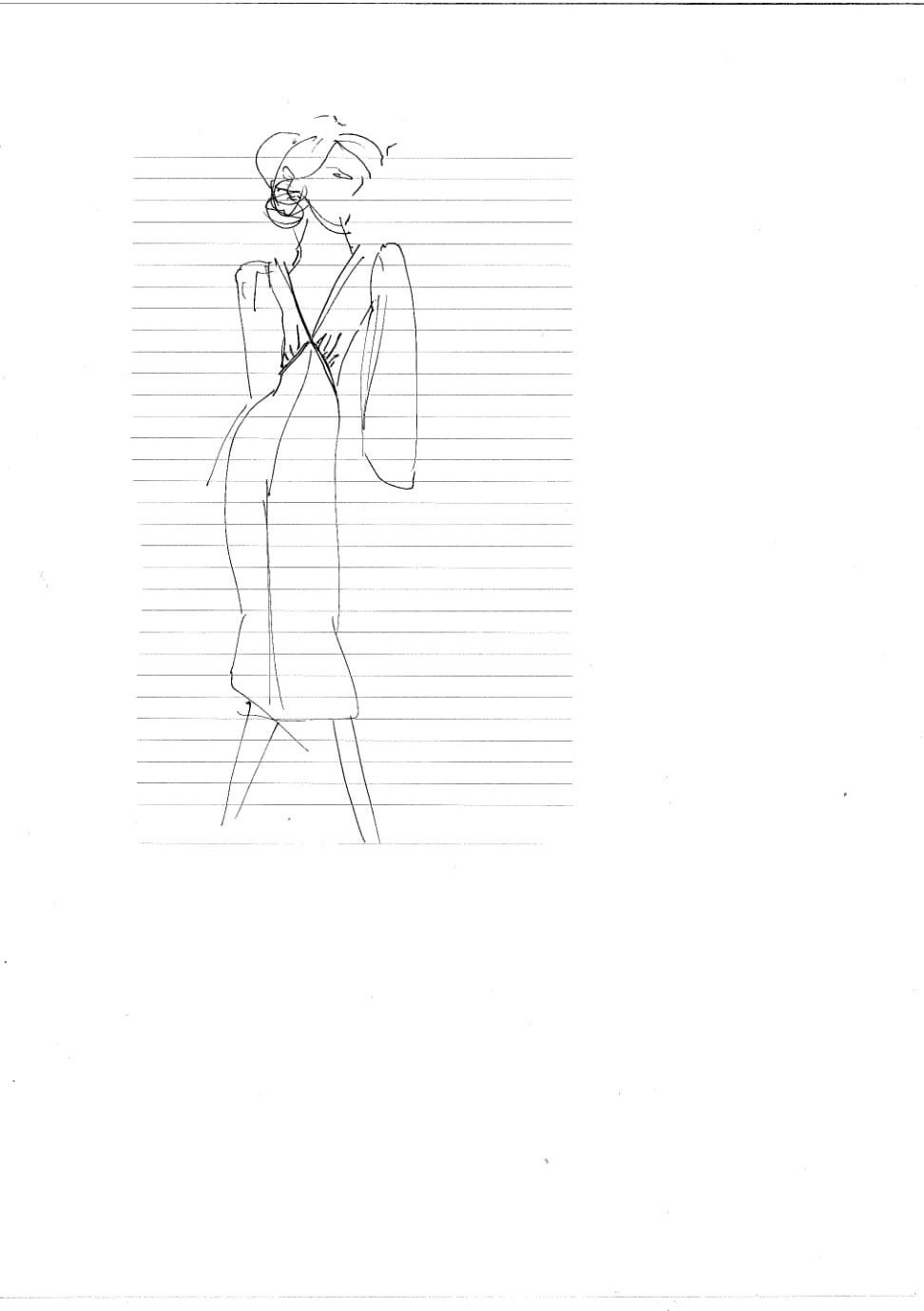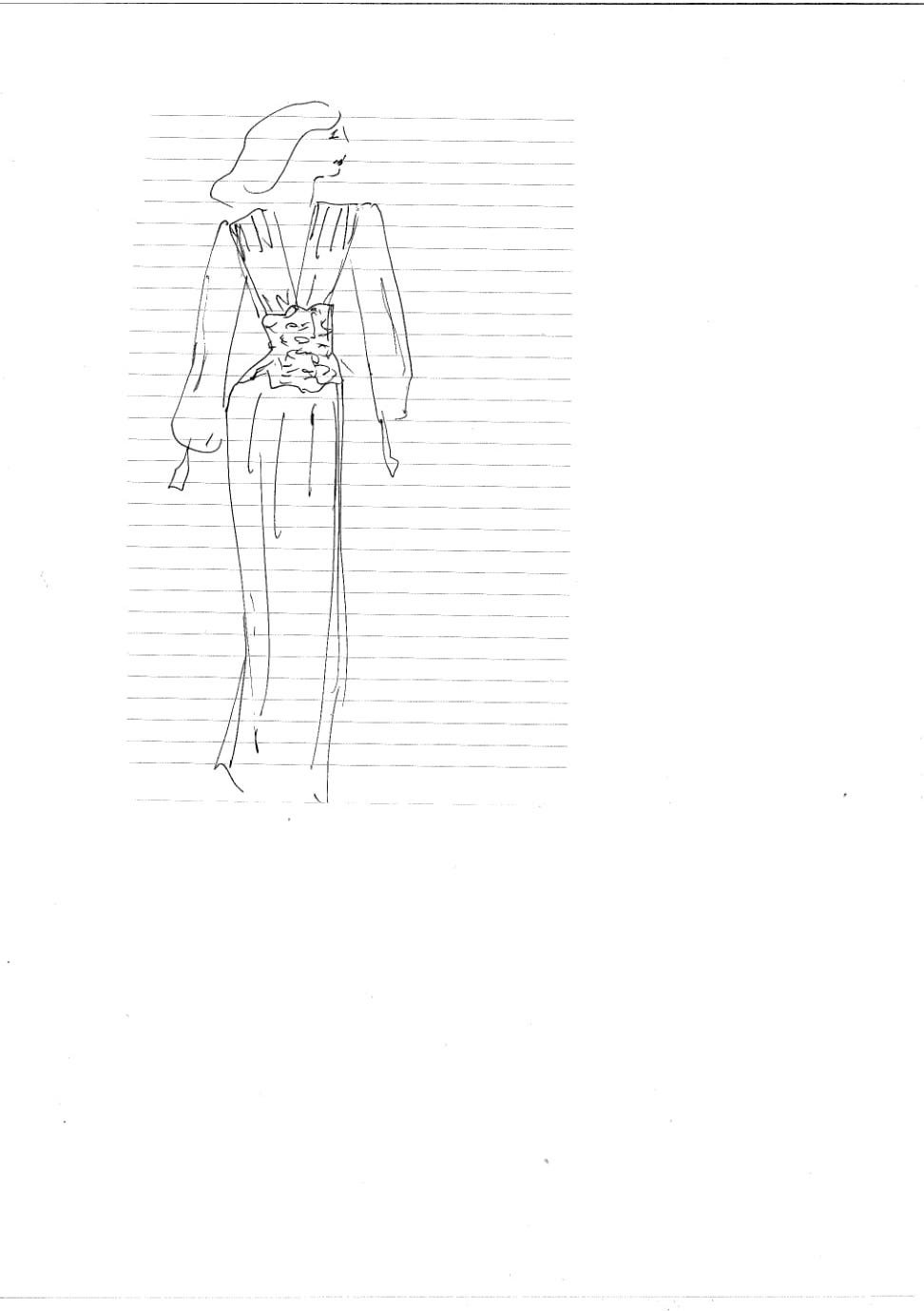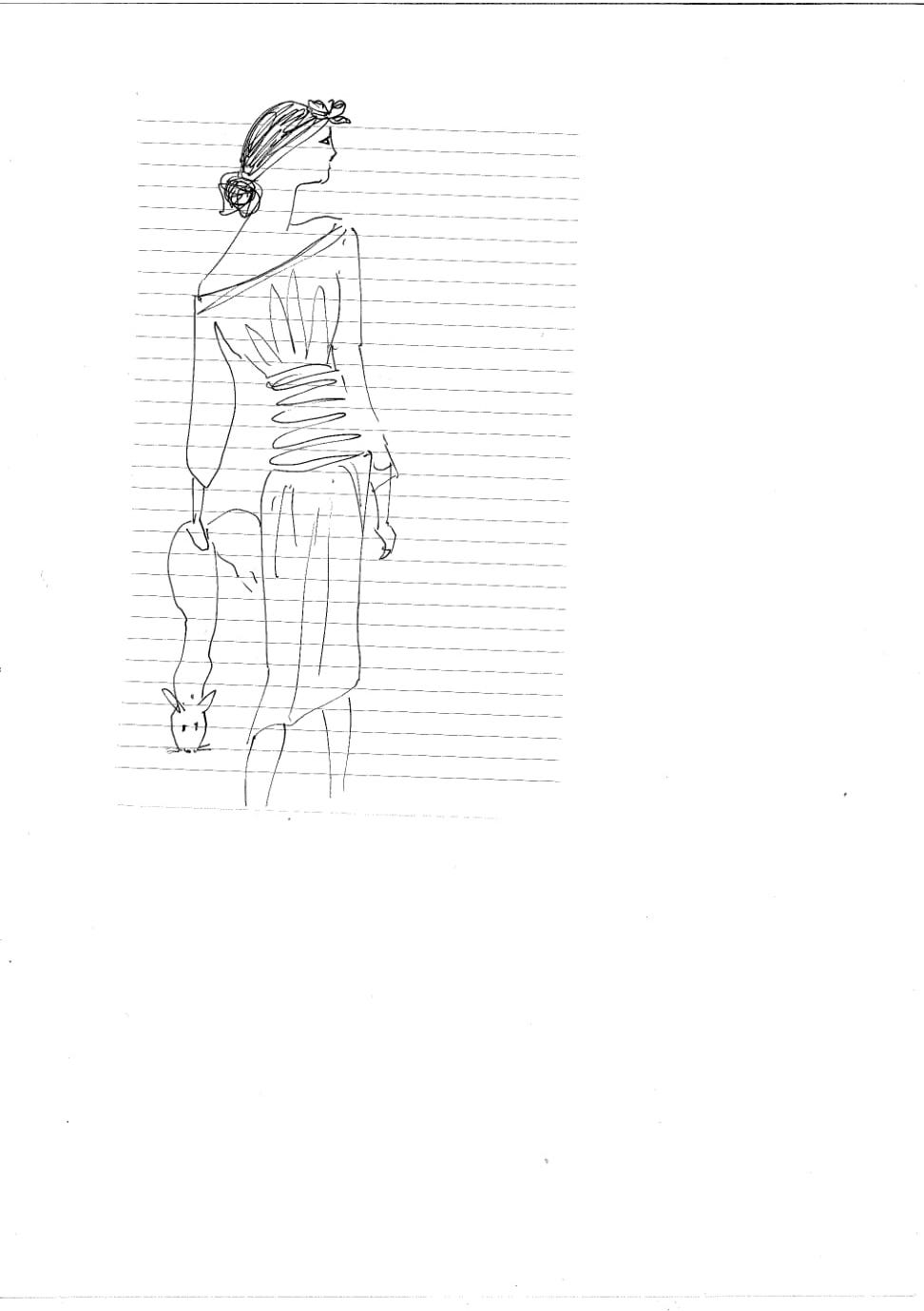The independent publishers Knight Of have launched a crowdfunding campaign to open a permanent children’s bookshop in Brixton, selling books which have a BAME protagonist to fight against the lack of diversity in literature for younger readers.
Aimée and David Stevens set up Knights Of after leaving Scholastic and ever since the pair have been dedicated to publishing more inclusive children’s fiction, in which ethnic minorities are not pushed to the sidelines or forced into demeaning stereotypes, but are given accurate representation. This is a particularly pressing issue given that less than 4% of the publishing workforce in Britain is non-white and a report in 2017 from the Centre for Literacy in Primary Education (CLPE) exposed the disillusioning statistic that out of its 9,000 children’s books published that year, only 1% had a BAME main character.
As a celebration of the company’s birthday, Knight Of decided to set up a #ReadtheOnePercent pop-up shop in October and were overwhelmed by the response. Stock was sold out in mere days and they were met with tearful responses by parents and their overawed children who finally, for the first time, saw themselves in the books lining the shelves. Knights Of are now raising money not only to recruit a permanent professional bookseller to run their shop, but also to open pop-up stores around the country, with projected locations including Liverpool, Birmingham, and Edinburgh. The pop-up shops would be intended to forge lasting, positive relationships with independent bookshops in order to meet regional consumer demand for more diverse children’s fiction.
Although their original intention was expand access and attention to books by writers of colour, the shop has now expanded its range of books to include disabled, neurodiverse, and LGBTQ+ characters. This is already making a valuable impact, with one Twitter user commenting “As a disabled child, I was desperate to see myself represented but all of the books I brought home were medical. I fully support the inclusive pop-up bookshops and can’t wait to visit.” Knights Of have now raised over half of their £30,000 target and the campaign has caused a stir in the publishing world, which has seen editors offer their services as a reward for large donations and signed book auctions held to help their mission.
Displayed resplendently in the shop window and across its airy, white interior are some of the best reads in children’s fictions, including For Every One by Jason Reynolds and Alesha Dixon’s Lightning Girl, as well as their very own Knights and Bikes: an adventure book series set on a sleepy island and about the courage of two friends. This year has been a landmark year for diverse children’s fiction, which saw the commercial success of books such as Tomi Adeyemi’s West African-inspired debut Children of Blood and Bone and Natasha Ngan’s acclaimed LGBTQ fantasy Girls of Paper and Fire, based on Asian mythology.
Yet, the reality remains that not enough books like these are signed by agents or published in the first place. When collating a beautiful, handpicked selection of books in which BAME characters are not singled out for their ‘otherness’ but rather celebrated, Knights Of often had to seek out tiny publishers or look through backlists. Knights Of have been adamant that this fundraiser should not be interpreted as a charity case. More diverse children’s literature is not a luxury; it is a commercial necessity and a duty to a younger generation who deserve to see themselves in the books that they read.
If you would like to donate, visit https://www.crowdfunder.co.uk/readtheonepercent



